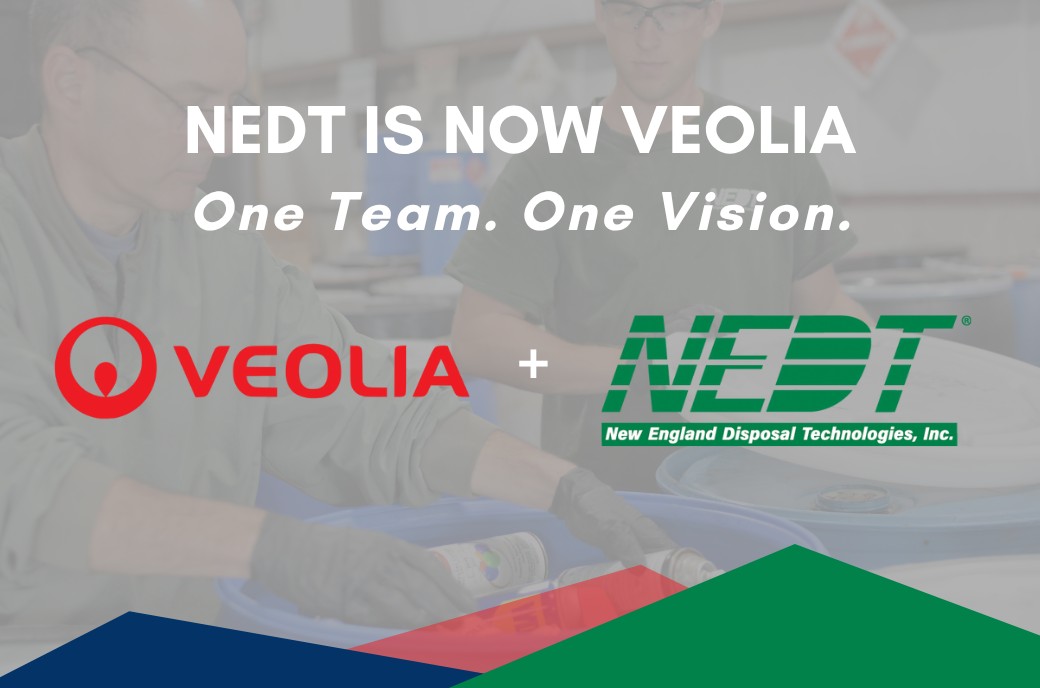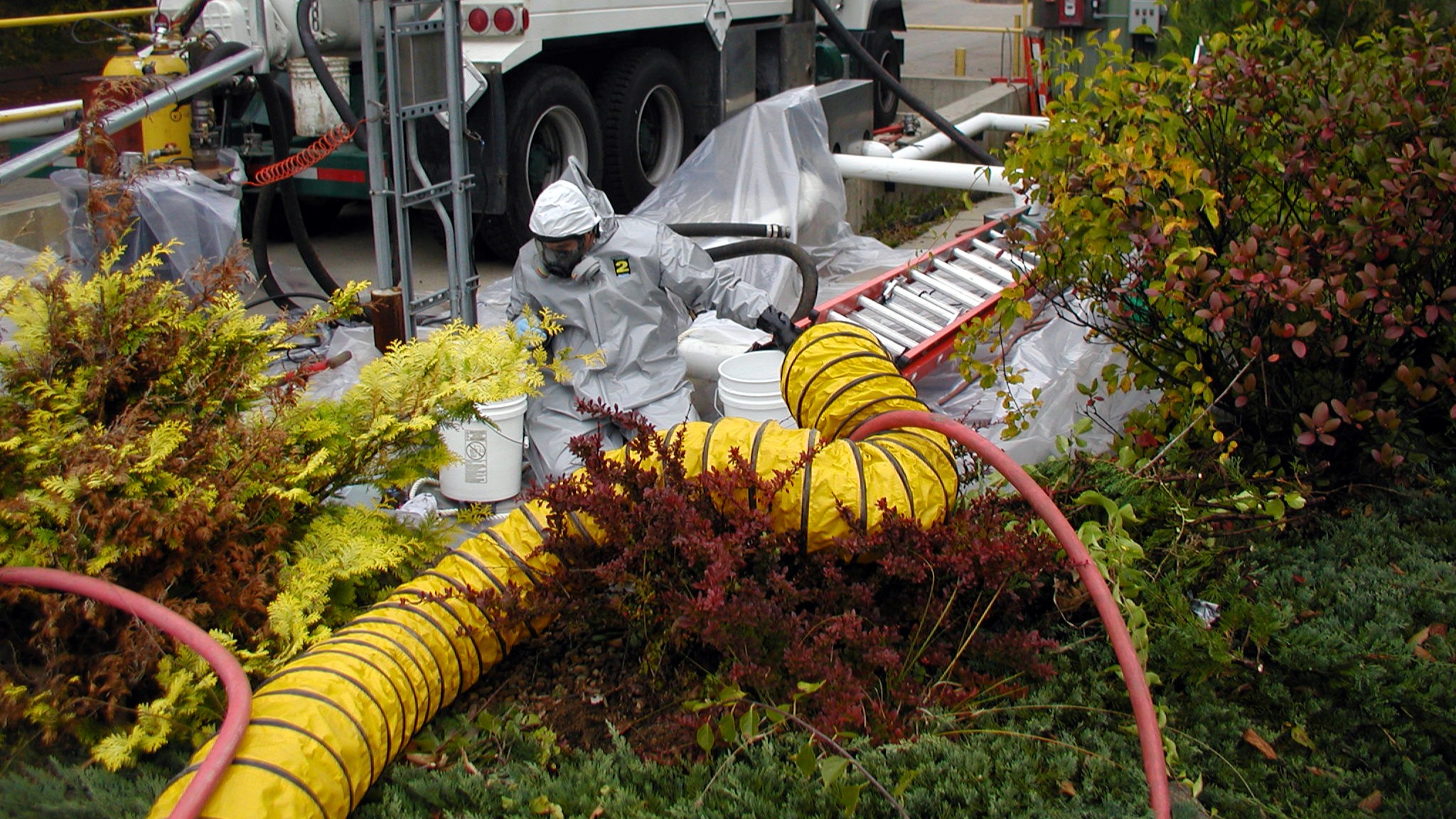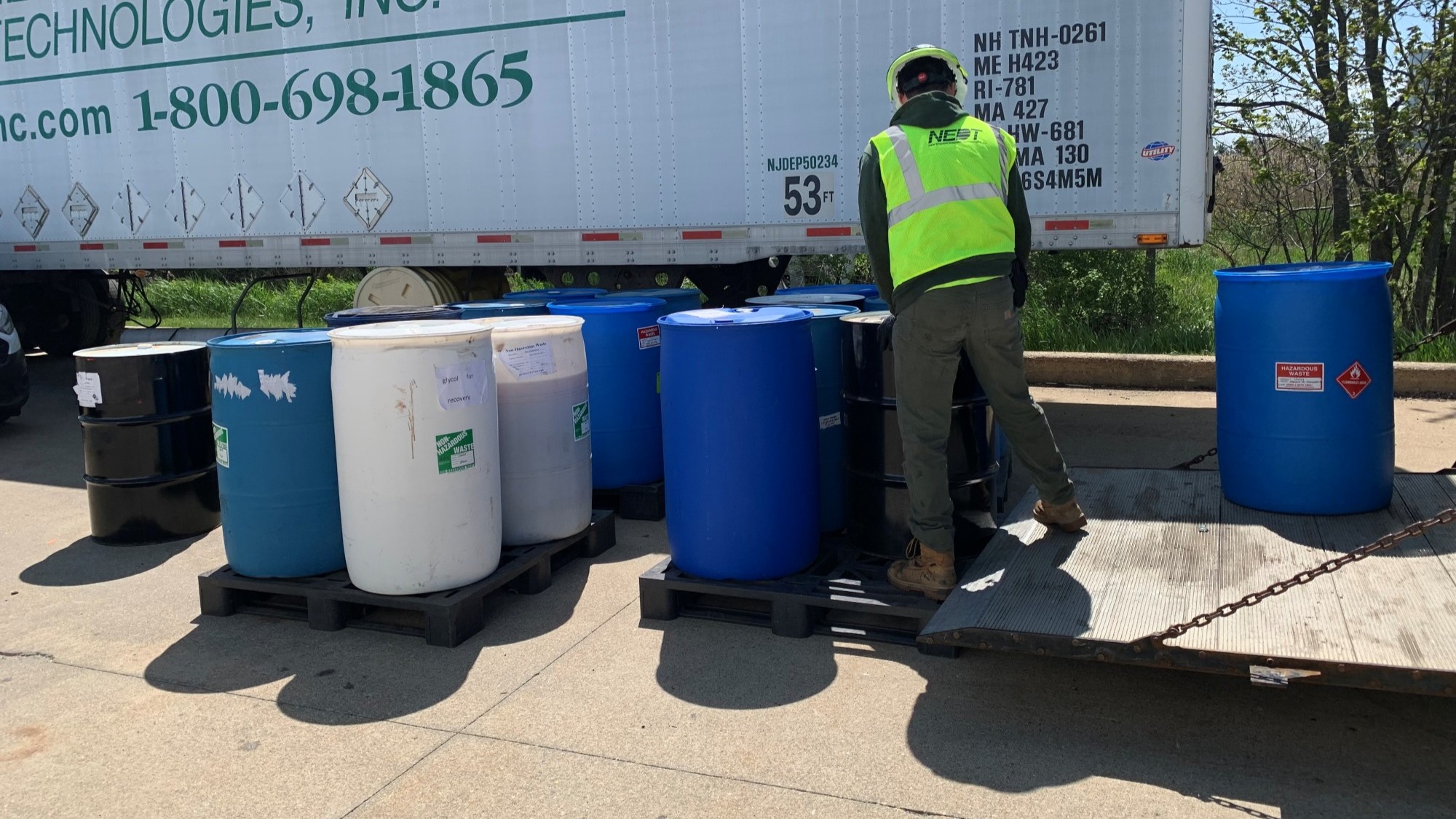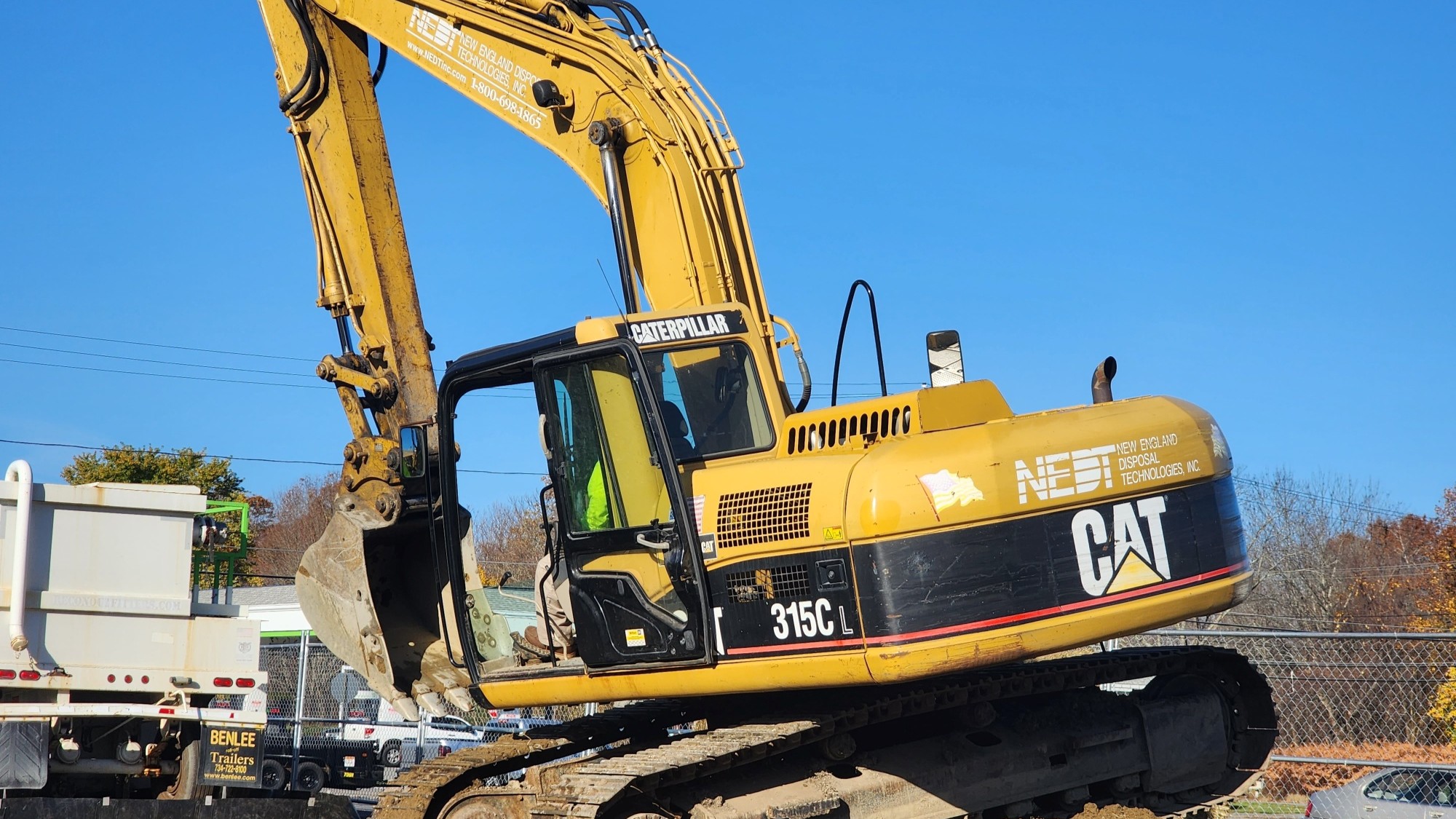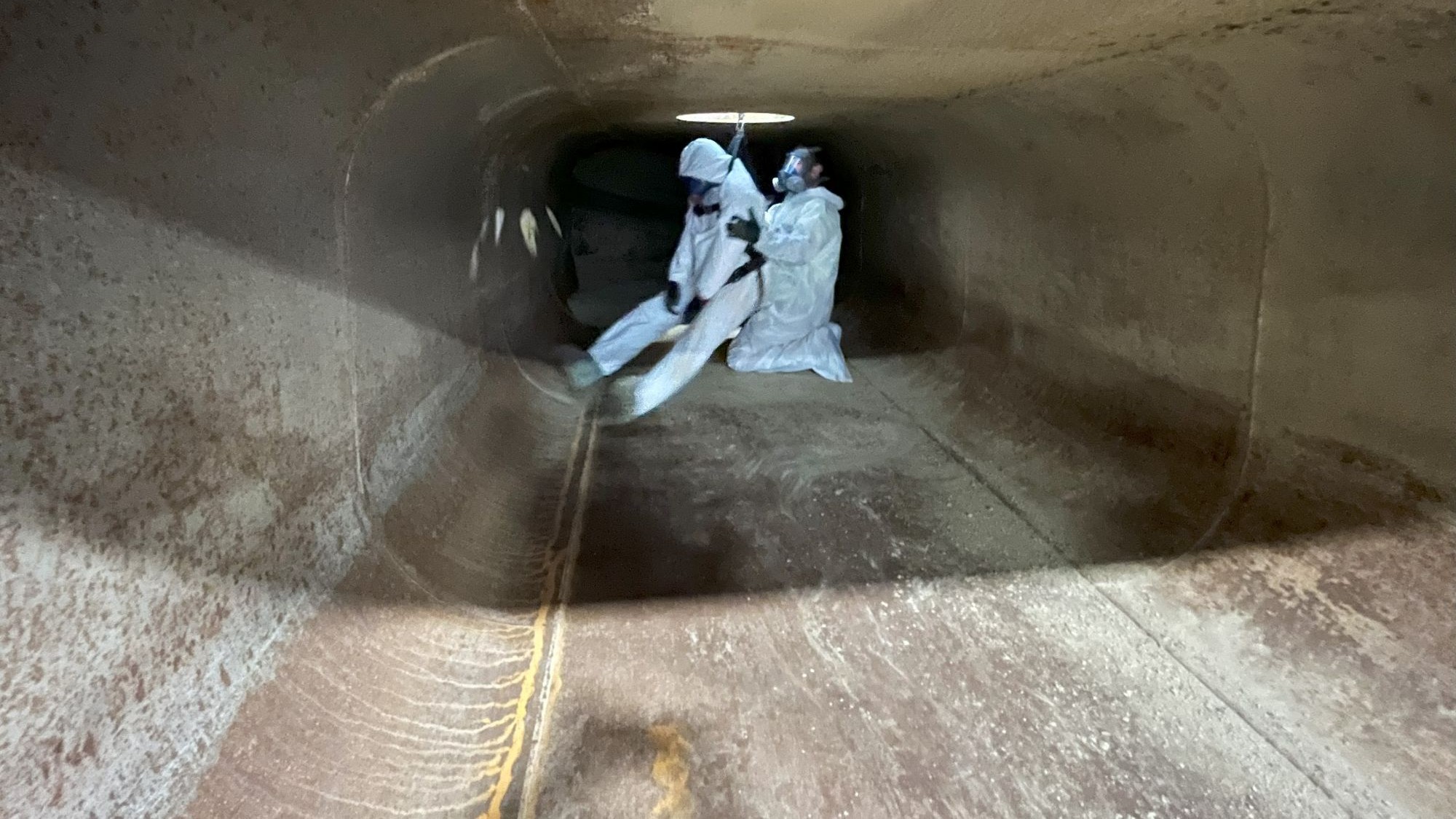Every residence and business generates waste but not all generate hazardous waste. This latter form of waste, especially with large commercial and industrial generators, requires specific transportation and disposal to be in compliance with state and federal regulations. Characterizing and profiling hazardous waste streams is a vital first step in transportation and disposal. Learn more about common waste streams, how each differ, and how NEDT can help.
What Are Waste Streams?
A waste stream is a type of waste in need of disposal from a residence, commercial business, or industrial facility. Generally, these streams are categorized by disposal method and any restrictions but vary by state requirements for waste management. Some of these requirements involve subcategories that further refine needs. Broadly speaking, these include municipal solid waste, commercial & industrial solid waste, construction & demolition solid waste, liquid waste, and hazardous waste. Common subcategories include recyclables, organic waste, and wastewater, all of which require special transportation and disposal facilities.
Common Hazardous Waste Streams for Businesses
It’s vital for businesses to properly profile their hazardous waste streams and deal with containment, transportation, and disposal of all hazardous waste products. There are many subcategories of waste streams, each with its own requirements and restrictions. Here are some of the most common:
- Oil & Petroleum Products: By far the most common waste products are from petroleum, such as motor and lubricating oils, diesel and gasoline, and other petroleum products and byproducts, including in wastewater (see below).
- Hazardous Chemicals: They are most often byproducts or waste chemicals and can also include regular movement, or disposal, of chemical products such as with a lab clean-out. This covers a wide array of chemicals with different transportation and disposal requirements.
- Contaminated Greywater: Wastewater that has become tainted with hazardous materials may need to be stored on-site in greywater tanks for processing or transportation to hazardous wastewater disposal facilities.
- Industrial Solid Waste: This can include residue and waste materials from industrial manufacturing but may also include contaminated dust, soil, and other products during regular industrial cleaning.
Profiling Hazardous Waste Streams by NEDT
At New England Disposal Technologies, we believe that disposing of hazardous waste should be easy. Our specialist can help characterize and profile hazardous waste streams from your business alongside making sure you’re meeting the EPA storage and disposal requirements for your level of hazardous waste generation. We handle all aspects, from making sure your hazardous waste is properly stored and packaged for transportation to finding the right disposal facilities for your needs and transporting the products there.
If you’re not sure where to start, it’s time to give NEDT a call at 1.800.698.1865. We offer a free consultation for regulatory compliance alongside a disposal estimate quote for all services. From providing all materials and containers to packing and transporting waste in accordance with DOT, EPA, and State regulations, we do it all. Contact us today to get started. Learn more about our transportation and disposal services, as well as complimentary services like industrial cleaning and maintenance and emergency spill response.



